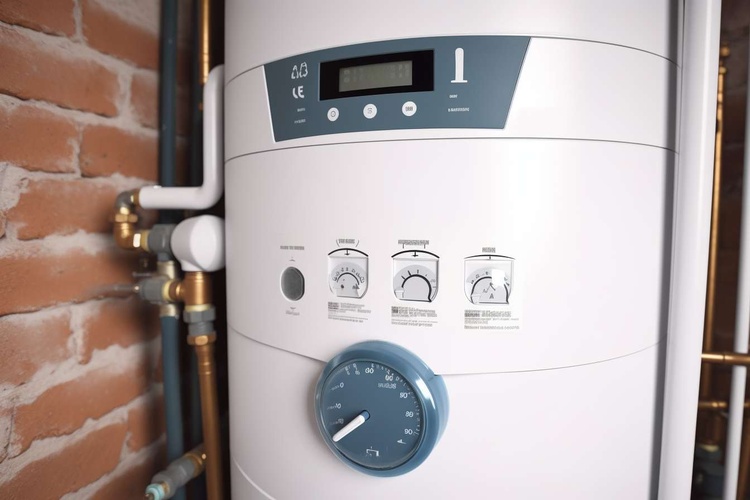How to Choose a High Quality Nursing Assistant Course
Embarking on a career as a nursing assistant is a rewarding path that requires proper education and training. Selecting the right nursing assistant course is crucial for your future success in this field. This article will guide you through the process of choosing a high-quality nursing assistant course, ensuring you're well-prepared for your healthcare career journey.

What qualifications should you look for in a nursing assistant program?
When evaluating nursing assistant courses, it’s essential to consider the program’s accreditation and certification. Look for courses approved by your state’s board of nursing or recognized by national organizations such as the National League for Nursing (NLN). These accreditations ensure that the program meets industry standards and will provide you with the necessary skills and knowledge to excel in your role.
Additionally, check if the program prepares you for the Certified Nursing Assistant (CNA) exam, which is often required for employment. A high-quality course should offer comprehensive classroom instruction, hands-on clinical training, and exam preparation materials to set you up for success.
How important is the curriculum content in nursing assistant courses?
The curriculum is the backbone of any nursing assistant course. A well-structured program should cover essential topics such as basic nursing skills, patient care techniques, infection control, anatomy and physiology, and medical terminology. Look for courses that also include training in specialized areas like geriatric care, mental health, and communication skills.
Modern healthcare environments require nursing assistants to be familiar with electronic health records (EHR) systems and basic medical technology. Ensure the course you choose includes instruction on these technological aspects to enhance your employability.
What role does practical experience play in nursing assistant training?
Practical experience is crucial in nursing assistant education. The best nursing assistant programs offer a balanced mix of classroom instruction and hands-on clinical training. Look for courses that provide ample opportunities to practice skills in simulated lab environments before moving on to real healthcare settings.
Most high-quality programs partner with local hospitals, nursing homes, or clinics to offer supervised clinical rotations. These experiences allow you to apply your knowledge in real-world situations, interact with patients, and work alongside experienced healthcare professionals. When evaluating courses, inquire about the duration and variety of clinical placements offered.
How can you assess the quality of instructors in nursing assistant programs?
The expertise and experience of instructors play a significant role in the quality of education you receive. Research the backgrounds of faculty members, looking for instructors with extensive nursing experience, advanced degrees, and current certifications. Courses taught by active or recently retired healthcare professionals can provide valuable insights into the latest industry practices and challenges.
Consider reaching out to current students or alumni to get feedback on the teaching quality and support provided by instructors. Many reputable programs also offer mentorship opportunities or tutoring services, which can be beneficial for your learning journey.
What additional factors should you consider when choosing a nursing assistant course?
When selecting a nursing assistant course, consider factors beyond the curriculum and instructors. Look into the program’s duration and schedule flexibility, especially if you have other commitments. Some courses offer part-time or evening classes to accommodate working students.
Evaluate the learning resources provided, such as textbooks, online materials, and study aids. High-quality programs often offer access to digital learning platforms, virtual simulations, and practice exams. Additionally, inquire about job placement assistance or career services offered by the institution, as these can be valuable for securing employment after completing your course.
How do various nursing assistant programs compare in terms of cost and value?
When considering nursing assistant courses, it’s important to weigh the cost against the value provided. Here’s a comparison of different types of programs available:
| Program Type | Provider Example | Cost Estimation | Key Features |
|---|---|---|---|
| Community College | Midstate College | $1,000 - $3,000 | Accredited, financial aid options, comprehensive curriculum |
| Vocational School | ABC Nursing School | $800 - $2,500 | Focused training, shorter duration, hands-on experience |
| Hospital-Based Program | City General Hospital | $500 - $1,500 | Direct hospital experience, potential job placement |
| Online Hybrid Course | NurseEd Online | $600 - $2,000 | Flexible schedule, in-person clinical component |
| Red Cross CNA Program | American Red Cross | $1,250 - $1,500 | Nationally recognized, standardized curriculum |
Prices, rates, or cost estimates mentioned in this article are based on the latest available information but may change over time. Independent research is advised before making financial decisions.
When evaluating these options, consider not only the upfront cost but also the long-term value. Factors such as accreditation, job placement rates, and the reputation of the institution in the healthcare industry should all play a role in your decision-making process.
Choosing a high-quality nursing assistant course is a crucial step in launching your healthcare career. By carefully considering factors such as accreditation, curriculum content, practical experience opportunities, instructor quality, and program value, you can select a course that will provide you with the knowledge, skills, and credentials necessary to succeed as a nursing assistant. Remember to research thoroughly, compare different options, and choose a program that aligns with your career goals and personal circumstances.




